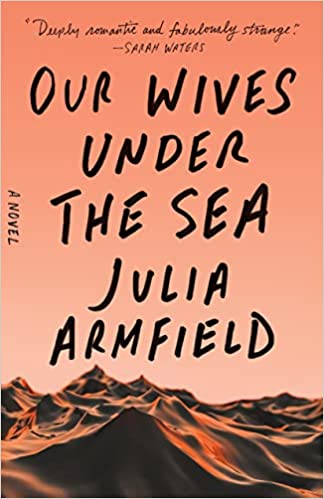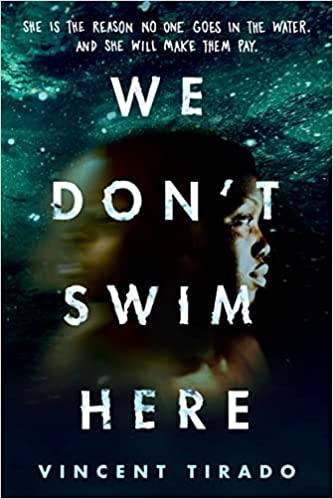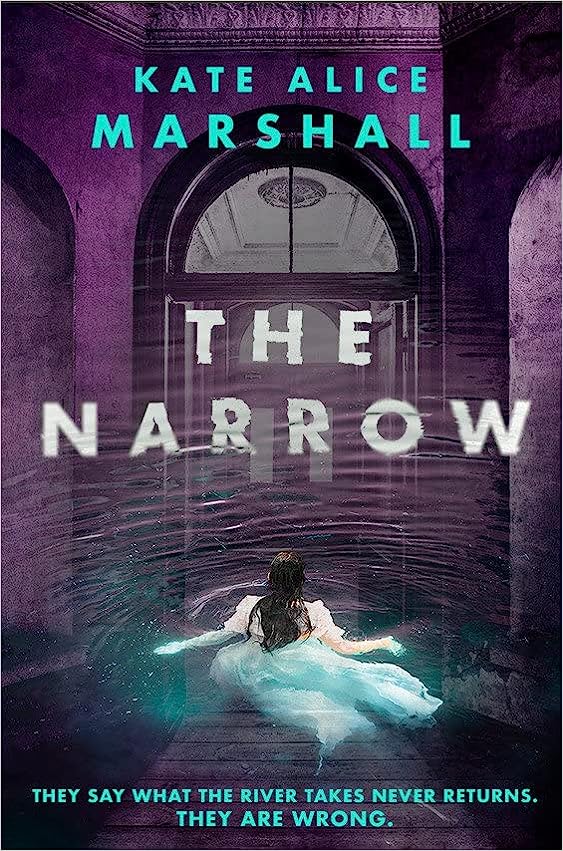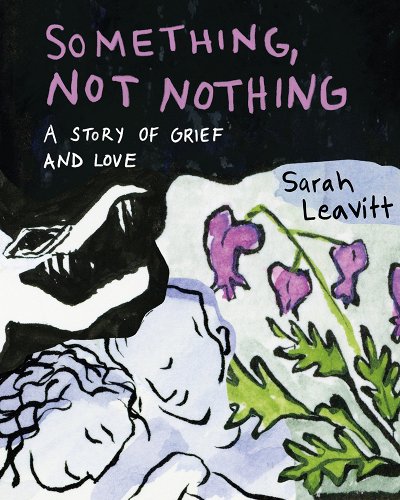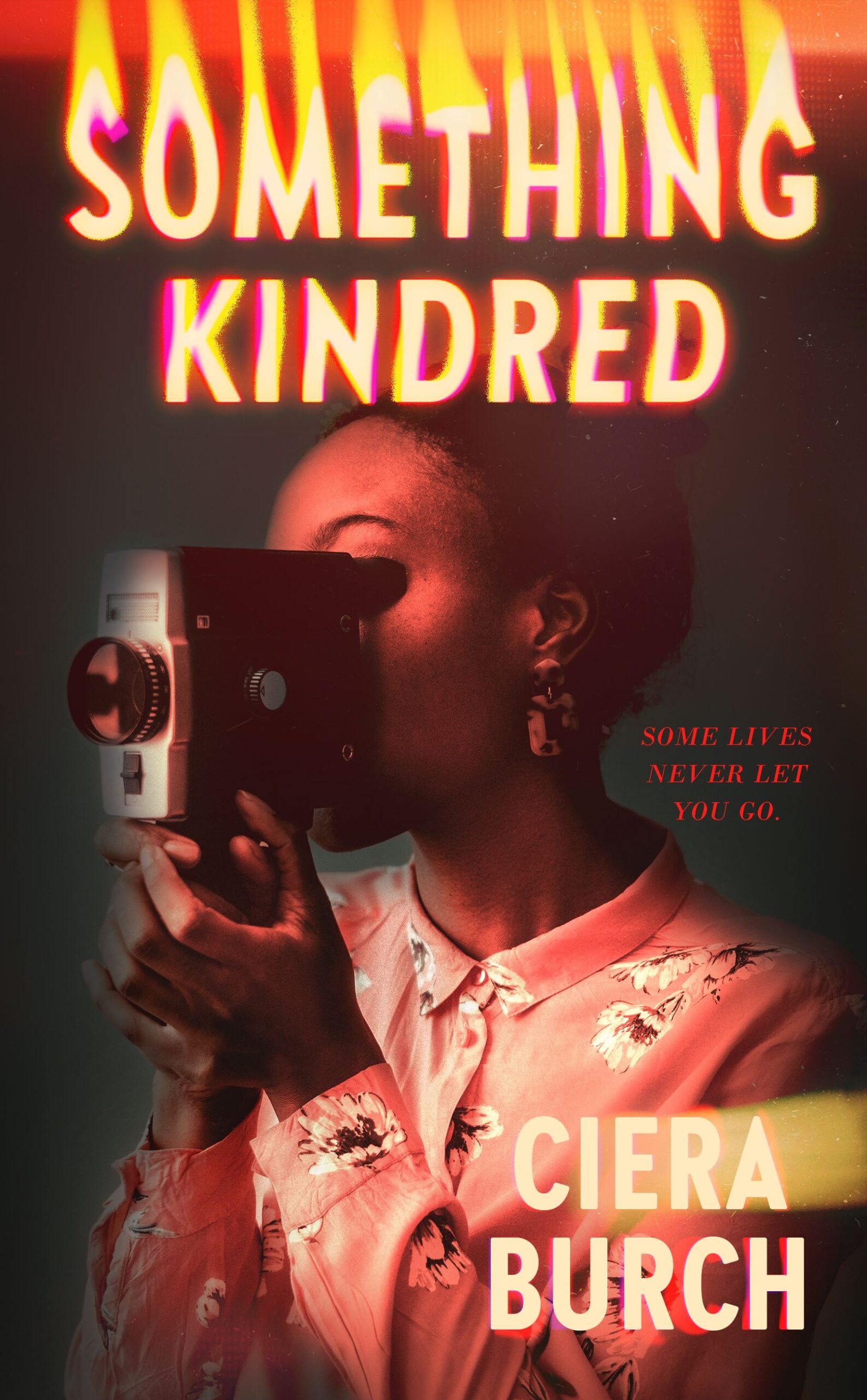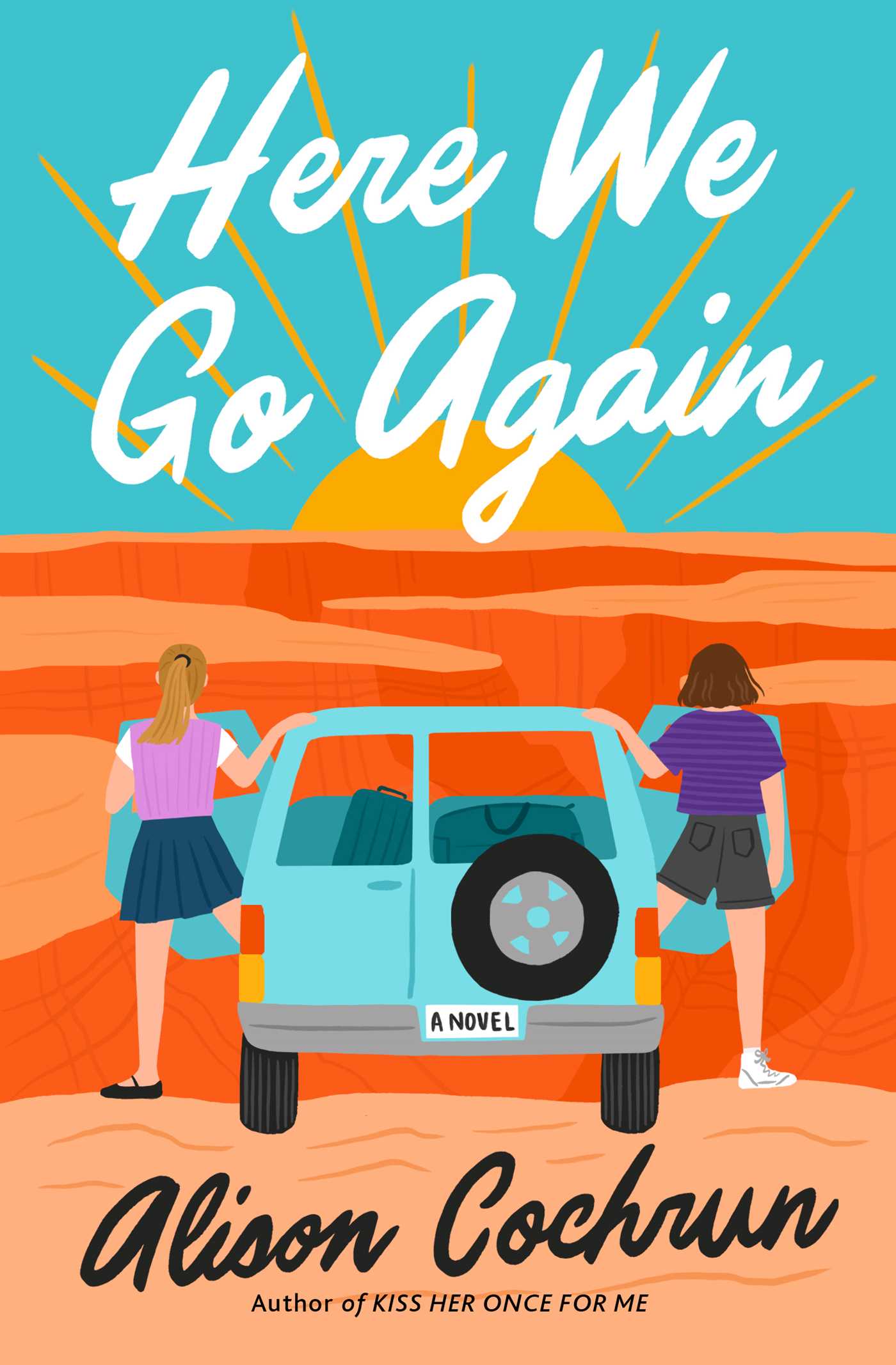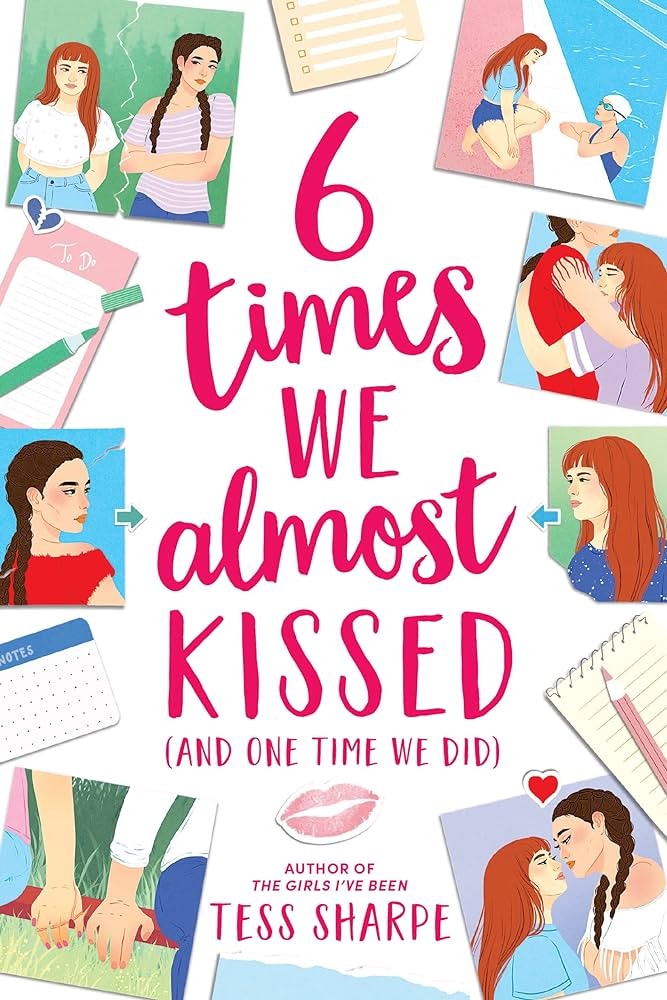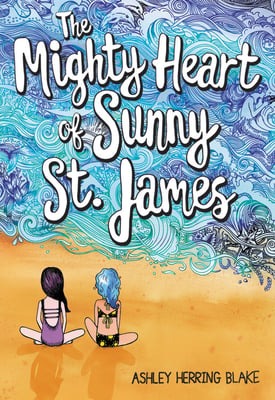There is a peculiar kind of sadness in telling a love story backwards, starting with its end. There’s the tenderness and domesticity of an established relationship, and the inevitable fact of its eventual nonexistence. This love story captures a relationship by chronicling its end. Our Wives Under the Sea, Julia Armfield’s debut novel, is a captivating tale told in alternating perspectives about a couple, Miri and Leah, the latter of whom goes out on a deep-sea exploration and comes back irrevocably changed. The book weaves Miri’s struggle to reconcile the slow slipping away of her wife, Leah, with Leah’s recounting of the events of the deep-sea submersible dive.
Small-Town Ghosts: We Don’t Swim Here by Vincent Tirado Review
Tirado’s second young adult horror novel is an alternating POV story following two main characters: cousins, Anais and Bronwyn. Anais has always lived in the small, rural, secluded town of Hillwoods, a place to which Bronwyn is now forced to move so that her entire family may spend time with her grandmother while she’s inRead More
A Very Queer Gothic Ghost Story: The Narrow by Kate Alice Marshall
When I got a promotional email about this book, I asked the publisher if there was a queer main character, because I couldn’t tell from the description. It’s funny that I had to clarify, because this is a very queer book: the main character is bisexual, there’s an F/F romance, and there are several queerRead More
A Lush Bisexual Vampire Gothic: Thirst by Marina Yuszczuk
Buy this from Bookshop.org to support local bookstores and the Lesbrary! Thirst by Marina Yuszczuk, originally published in 2020 and translated this year by Heather Cleary, is a dramatic and lushly gothic novel about two women who a string of circumstances going back over a century bring together in modern day Buenos Aires. Yuszczuk revelsRead More
A Celebration of Sapphic Love & Loss: Something, Not Nothing by Sarah Leavitt
Buy this from Bookshop.org to support local bookstores and the Lesbrary! Something, Not Nothing (September 24, 2024) is a stunning graphic memoir by cartoonist and educator Sarah Leavitt (she/her). In April 2020, Leavitt’s partner of twenty-two years, Donimo, died with medical assistance after years battling chronic pain. After Donimo’s death, Leavitt turned her immense grief and lossRead More
A Southern Gothic Coming of Age: Something Kindred by Ciera Burch
Buy this from Bookshop.org to support local bookstores and the Lesbrary! When I picked this up, I was expecting a horror novel. And that makes sense, because it does have a lot of ghosts in it. But the ghosts are more a part of the setting than the plot; while they’re literally present in theRead More
A Lesbian Road Trip Romcom About Death: Here We Go Again by Alison Cochrun
Buy this from Bookshop.org to support local bookstores and the Lesbrary! I read Alison Cochrun’s previous book, Kiss Her Once for Me, and liked it, but I was not expecting to love this one quite as much as I did. Some of that is for reasons that will translate to many other readers, and someRead More
Traumatized, Angsty Bisexuals: 6 Times We Almost Kissed (and One Time We Did) by Tess Sharpe
Buy this from Bookshop.org to support local bookstores and the Lesbrary! Penny and Tate’s mothers have always been best friends—but the same cannot be said about the daughters’ relationship. Having clashed their entire lives, they must now put aside their bickering when Penny’s mom agrees to become a liver donor to Tate’s mother, as bothRead More
A Small Middle Grade with a Big Punch: The Mighty Heart of Sunny St. James by Ashley Herring Blake
Buy this from Bookshop.org to support local bookstores and the Lesbrary! Sunny St. James has a new lease on life. In her case, this is literal after she receives a heart transplant and finally, finally has a chance to have something close to a normal summer. Swimming in the ocean, staying up late to watchRead More
A Feminist, Latin American Vampire Gothic: Thirst by Marina Yuszczuk, translated by Heather Cleary
Buy this from Bookshop.org to support local bookstores and the Lesbrary! Recently translated into English, Marina Yuszczuk’s queer vampire novel, Thirst (Dutton, March 5, 2024), is partly what I’d hoped for in a vampire fiction, and at the same time, it was nothing like what I’d expected. Although it’s a Gothic, vampire novel on the surface, ThirstRead More
